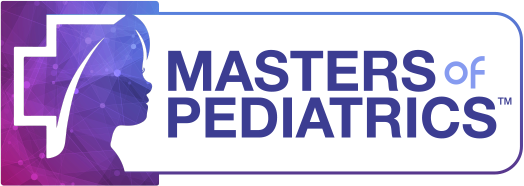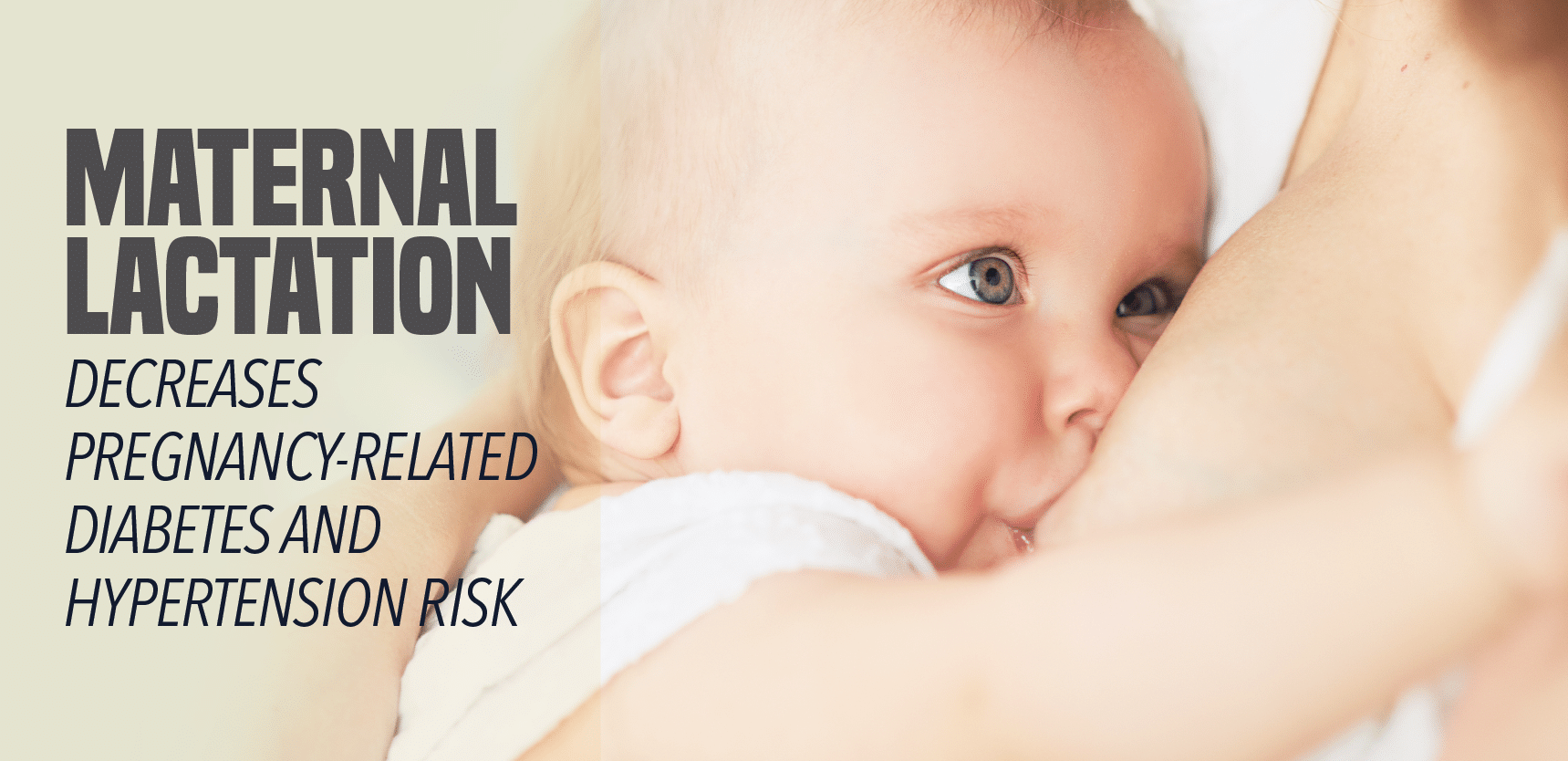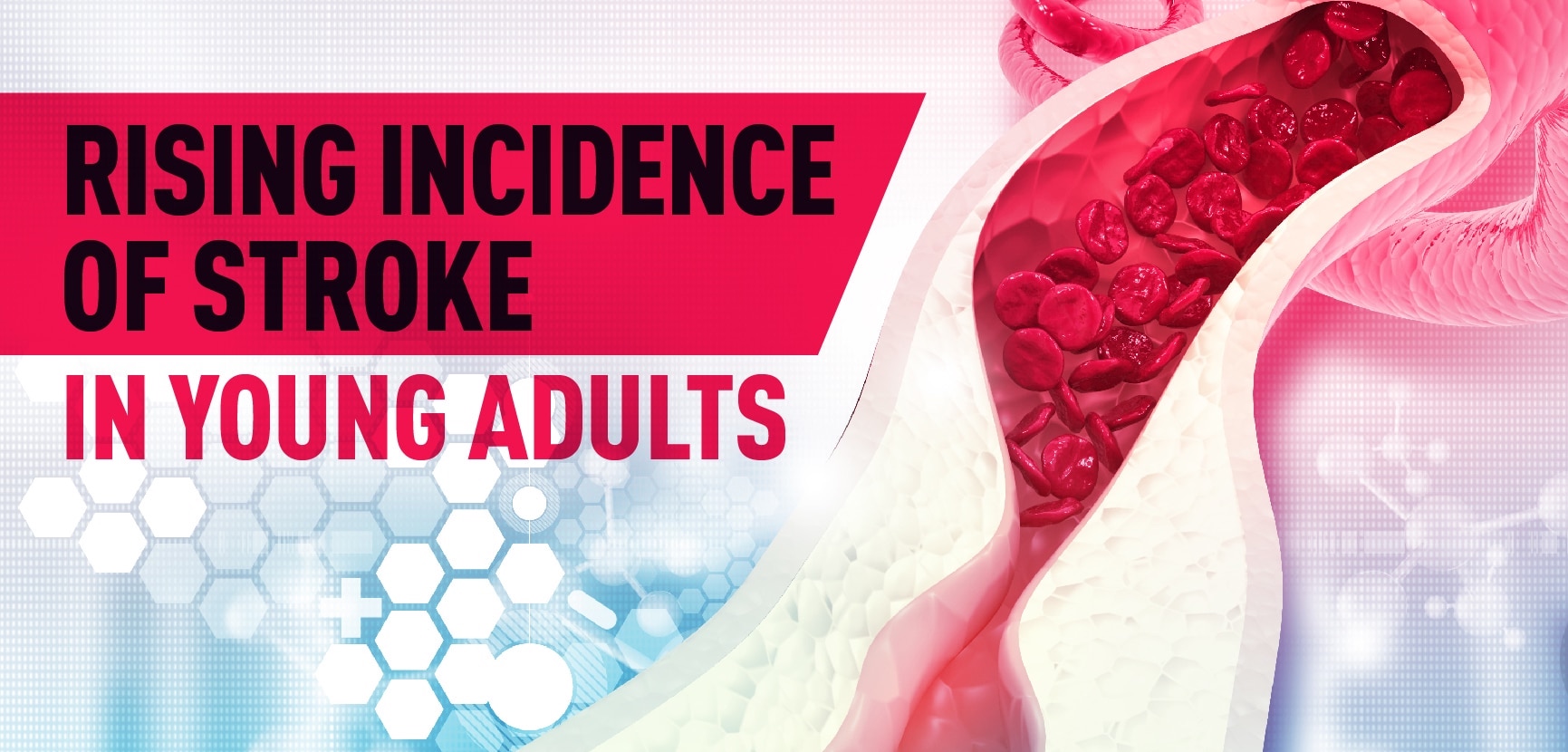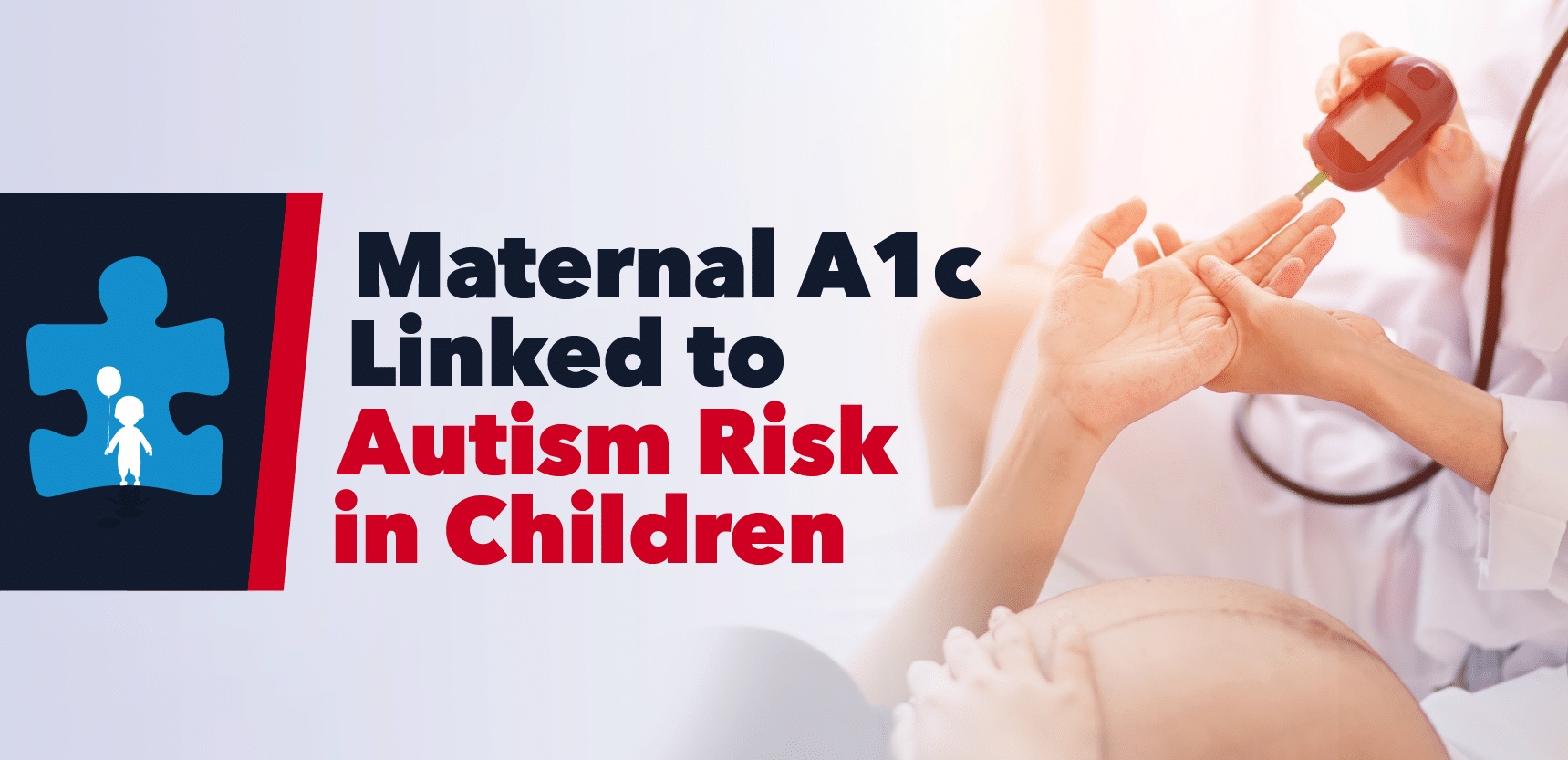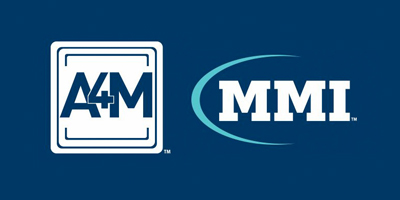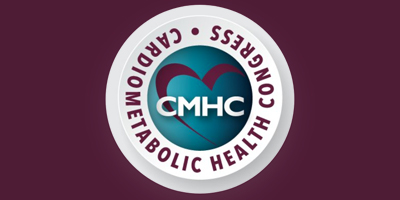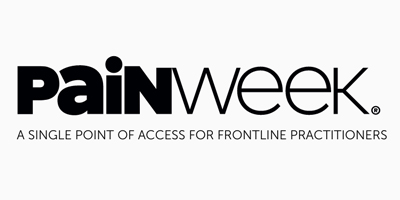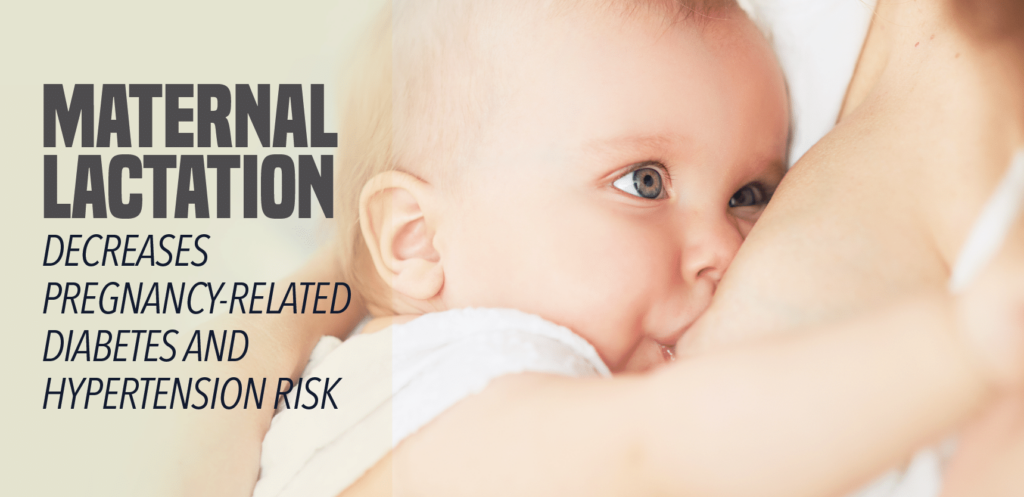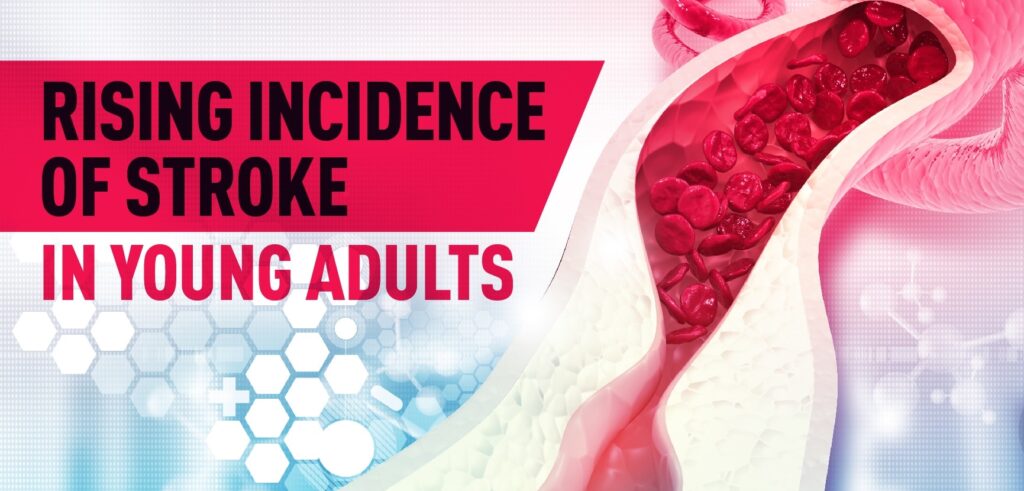Swedish study shows better efficacy and cost-effectiveness vs active treatment
For kids and adolescents, internet-delivered cognitive behavioral therapy (ICBT) helped treat social anxiety disorder more successfully — and more cost-effectively — than internet-delivered supportive therapy (ISUPPORT), a Swedish, single-masked randomized trial found.
At baseline, youths ages 10 to 17 had a mean Clinician Severity Rating (CSR) score of 5.06 in the ICBT group and 4.94 in the ISUPPORT group. At 3-month follow-up, the groups had mean scores of 3.96 and 4.48, respectively (between-group effect size d=0.67, 95% CI 0.21-1.12), reported Martina Nordh, PhD, of the Karolinska Institutet in Stockholm, and colleagues in JAMA Psychiatry.
In addition, nearly all secondary outcome measures had significant between-group effect sizes that favored ICBT at the 3-month mark. Effect sizes for most secondary measures were in the moderate range, including child-reported symptoms of social anxiety disorder (d=0.64, 95% CI 0.27-1.01), parent-reported symptoms of social anxiety disorder (d=0.83, 95% CI 0.43-1.22), child-reported depressive symptoms (d=0.47, 95% CI 0.07-0.88), and parent-reported depressive symptoms (d=0.78, 95% CI 0.38-1.17).
When analyzing the cost-effectiveness of each treatment, Nordh and team found there was savings associated with ICBT compared with ISUPPORT in two main areas: lower medication costs (z=2.38, P=0.02) and increased productivity in school (z=1.99, P=0.047). The “average societal cost” after 3 months of intervention was $2,768.80 for the ICBT group and $3,997.10 for the ISUPPORT intervention.
This iteration of ICBT involved asynchronous support from therapists, which “has the potential to both increase access to care and reduce costs,” Nordh wrote in an email to MedPage Today. With asynchronous therapy, families can log into the treatment program after work or school, she added, and therapists have the capacity to care for more patients.
This is the first study to evaluate the use of ICBT for social anxiety disorder using an active comparator, “which is essential to distill the true effect of a behavioral intervention beyond the effects of practitioner attention and frequent monitoring and reporting of symptoms,” the researchers wrote.
John Torous, MD, MBI, director of digital psychiatry at Beth Israel Deaconess Medical Center in Boston, told MedPage Today that the study’s use of an active comparator marks a distinct shift towards fairer research methods in this field.
“A lot of studies in this space are not balanced, or they’re designed to favor one outcome over the other, but this is different,” Torous said.
The study included a total of 103 participants with social anxiety disorder (mean age 14, 77% girls), with 51 randomly assigned to 10 weeks of ICBT and 52 to ISUPPORT from September 2017 to October 2018. The final 3-month follow-up occurred in May 2019, less than a year before the COVID-19 pandemic gave rise to a sharp increase in teletherapy and telepsychiatry.
The authors noted two major limitations to their study: the fact that most participants were self-referred, and that many view the comparator ISUPPORT as less credible than ICBT.
Now that internet-delivered therapy — synchronous and asynchronous — has become such a crucial tool for people’s well-being, Torous emphasized that the success of this study still cannot be generalized to different types of therapies, nor to different types of mental health disorders. But the study’s methods and the decision to evaluate both efficacy of treatment and cost-effectiveness, he noted, “transcends any borders or cultures.”
“It’s a different population, it’s a different healthcare system,” Torous said. “We can get these answers and we should probably be demanding those answers locally.”
